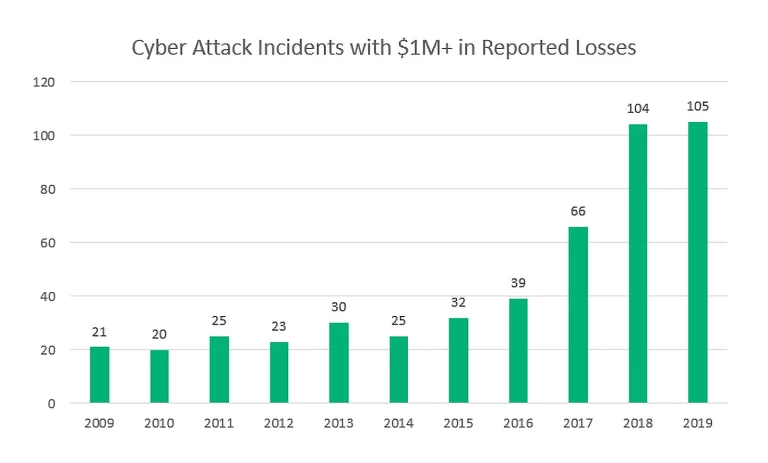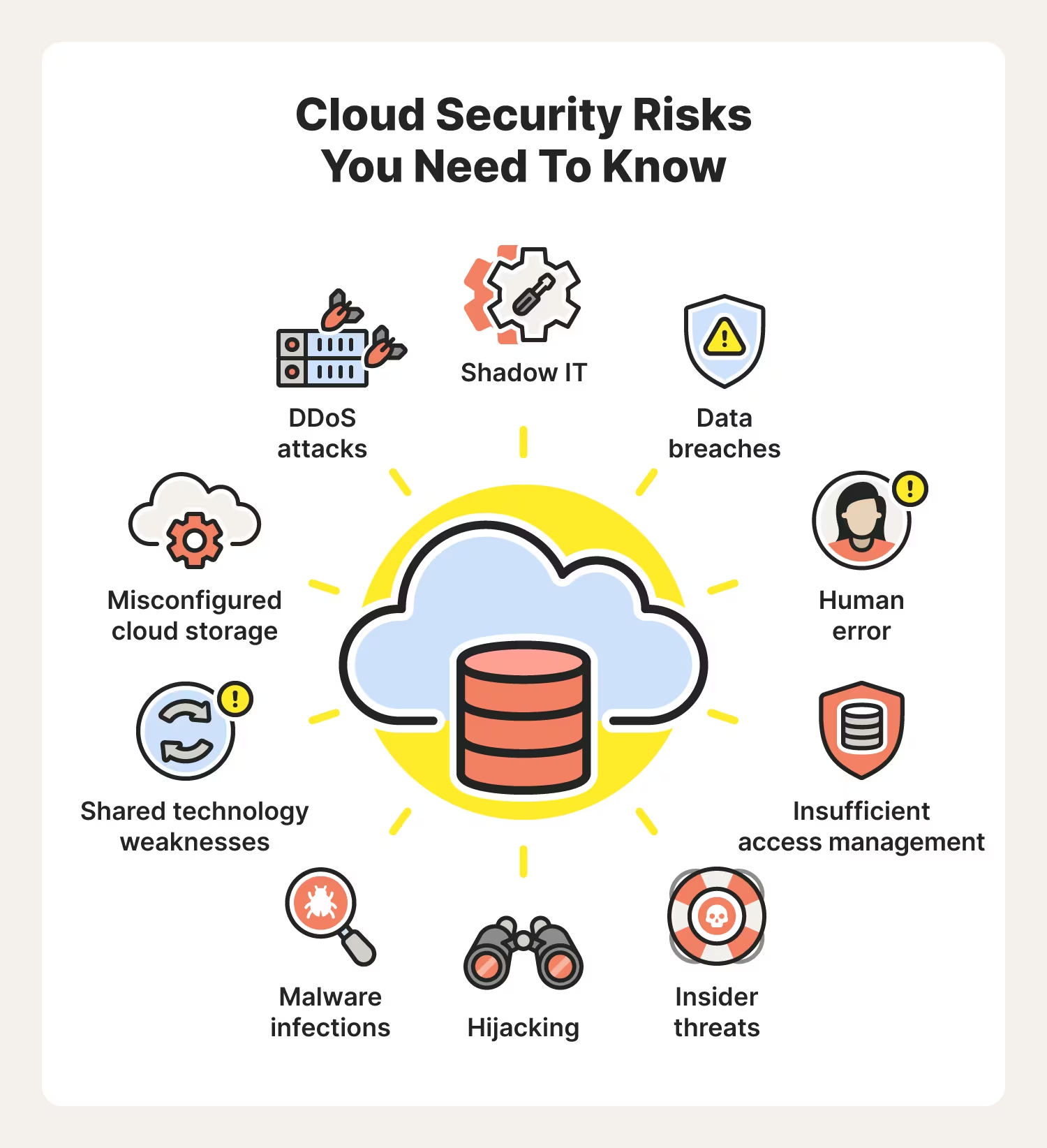A Look at the Potential of Quantum Computing
It was once considered science fiction, but quantum computing is about to take over the enterprise world in a big way. Not only are major financial institutions like Goldman Sachs using quantum algorithms to price financial products, manufacturers like Honeywell are already predicting that the market will reach $1T in the very near future.
But why? What does quantum offer that more traditional systems do not? Let’s start at the beginning.
What is Quantum Computing?
Quantum computing is a type of computation that utilizes the properties of quantum states to perform calculations. By applying quantum theory to computing in this way, it’s possible for organizations to significantly improve the efficiency and success of their tasks.
Most computers used today can only encode information in bits that have the value of 1 or 0, which restricts the ability of such computers. Quantum computing, in contrast, uses quantum bits (or qubits). It harnesses the unique ability of subatomic particles to exist in more than one state (i.e. a 1 and a 0 at the same time). In quantum theory, the ability of a system to exist in multiple states at once is known as superposition.
The number of qubits linked together increases the quantum computing power exponentially. On the other hand, linking together more transistors (which are either 1 or 0) in a classical computer only increases power linearly.
Another feature of quantum physics that quantum computers are based on is entanglement. This refers to two particles being inextricably linked. So whatever happens to one immediately affects the other, regardless of how far apart they are from each other.
The field of quantum computing emerged in the 1980s when it was discovered that certain computational problems could be solved more effectively with quantum algorithms.
The Benefits of Quantum Computing
Classical computers are useful for everyday tasks that need to be completed by a computer. Most people simply do not need the power of quantum computing. However, quantum computing has a range of applications in which it proves highly valuable. Here are some of the ways that quantum computing can help businesses:
Aviation
Quantum computing could enable much more complex computer modeling like aeronautical scenarios. Enhancing the routing and scheduling of aircrafts has substantial commercial benefits.
Artificial Intelligence
A promising application for quantum computing is artificial intelligence (AI). AI is based on the principle of machines learning from experience, becoming more accurate as feedback is given. This process occurs until the computer program exhibits what we think of as intelligence. The feedback is based on calculating probabilities for many possible choices, a process that is best suited to the power of quantum computing. Quantum computing-powered AI will likely disrupt many industries, such as the automotive industry, with self-driving cars becoming the norm.
Financial Modeling
Modern markets are some of the most complicated systems that exist. While we have scientific and mathematical tools to address this complexity, financial modeling suffers from something that other scientific fields don’t have to deal with: there’s no controlled setting in which to run experiments.
To get around this, investors and analysts have turned to quantum computing. One advantage of this move is that the randomness intrinsic to quantum computers is congruent to the stochastic nature of financial markets. Investors often want to evaluate the distribution of outcomes under an extremely large number of scenarios generated randomly. Quantum computing is ideal for such an objective.
Weather Forecasting
Predicting and forecasting various weather scenarios rely on large and complex data sets. Traditional simulation of the weather is limited in the inputs that can be handled with classical computing. If you add too many factors, then the simulation takes longer than for the actual weather to change. Quantum computing, however, could carry out simulations quickly even when many factors are included.
The ability to better predict the weather would have enormous benefits to many fields, including giving us more insight into how humans influence the environment. These models would then help us determine what steps need to be taken to prevent disasters.
Pattern Matching
Finding patterns in data and using these to predict future patterns is extremely useful. Volkswagen, for example, has trialed quantum computing technology that will inform drives of traffic conditions 45 minutes in advance.
Medical Research
There are billions of possibilities when it comes to how billions of people could react to a drug, as each person has slight differences in their makeup. Currently, it takes pharmaceutical companies up to 10 years, sometimes longer, and using billions of dollars, to discover a new drug and bring it to market. Improving the front end of the process with quantum computing could:
- Dramatically cut costs and time to market
- Repurpose pre-approved drugs more easily for new applications
- Empower computational chemists to make new discoveries faster, potentially leading to cures for a wide range of diseases
The Disadvantages of Quantum Computing
The applications of quantum computing are manifold, but this form of computation entails a number of disadvantages too. For example, quantum computers:
- Are much more expensive to build, still costing billions. Nonetheless, China-based Shenzhen SpinQ Technology plans to sell a $5,000 desktop quantum computer to consumers for schools and colleges.
- Are much more difficult and time-consuming to build. Google has been working on building a quantum computer for years, spending billions of dollars in the process. The company expects to have its quantum computer ready by 2029, with IBM hoping to have a 1,000-qubit quantum computer in place by 2023.
- Will be able to break traditional encryption much faster. This means new methods of encryption are needed to prevent cybercriminals from using quantum computing to compromise valuable data sets.
Despite these downsides, the capabilities of quantum computing should not be understated. For example, Google’s quantum computer is about 158 million times faster than the world’s fastest supercomputer. With this kind of computing power, many industries can be improved to a degree that we’ve never seen before.
Cyberlocke is a comprehensive, full-service IT services provider that architects and implements efficient and secure solutions for enterprise customers and their data centers. We specialize in security, cloud, managed services, and infrastructure consulting. Contact Us today to learn more.


